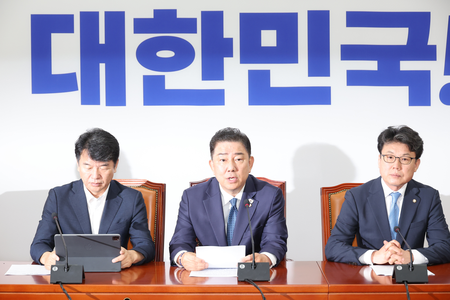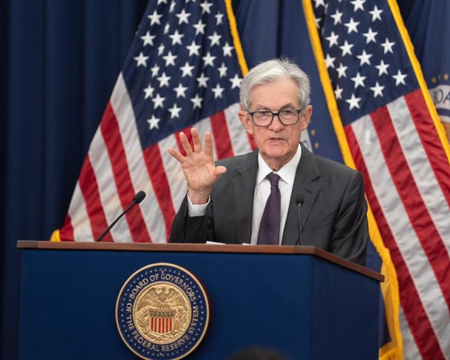
Berlin, July 30 (IANS) Germany’s cabinet on Wednesday approved the federal budget draft for 2026, marking the second consecutive year of record-high investment as the government aims to modernize infrastructure and bolster national security.
The draft, presented by Finance Minister Lars Klingbeil, sets expenditures at 520.5 billion euros (597 billion U.S. dollars) for 2026, a 3.5 per cent increase over the 2025 budget, which is yet to be approved by parliament, Xinhua News Agency reported.
In office since May, the government has made structural reform and public investment its central priorities to revive Germany’s economic momentum. According to the draft, total investment is projected to rise to 126.7 billion euros next year, setting a new record for the second straight year after an all-time high in 2025. Defence spending will see a sharp increase, alongside higher funding for transportation and housing.
“Our primary goal is to safeguard jobs and ensure new economic strength,” Klingbeil said. “We are investing today to make Germany more modern, fair, and secure tomorrow.”
However, much of the planned investment will be financed through special off-budget funds, a mechanism that critics say bypasses Germany’s constitutional debt brake and understates the true scale of borrowing.
Despite the ambitious scope, the government faces mounting concerns over long-term fiscal sustainability. The sweeping financial plans foresee a funding gap of 172 billion euros through 2029, roughly 30 billion euros more than Klingbeil projected in June. The widening deficit is primarily driven by proposed corporate tax cuts and compensatory payments to state and local governments.
With cabinet approval in place, the draft budget now moves to the Bundestag for parliamentary debate and further approval.
Earlier in May, German Chancellor Friedrich Merz pledged to make national security and economic revitalisation top priorities during his inaugural address before the Bundestag. Delivering his first major speech as Chancellor in the lower house of Parliament, Merz outlined the policy agenda of his coalition government, formed by the Christian Democratic Union/Christian Social Union (CDU/CSU) and the Social Democratic Party (SPD).
During the speech, he declared the strengthening of the Bundeswehr — Germany’s armed forces — a top priority. He committed to providing the necessary resources for it to become the most powerful military force in Europe. As part of the coalition agreement between the CDU/CSU and the SPD, the parties have decided to exempt defence spending exceeding one per cent of GDP from the constitutional debt brake, allowing for more flexible funding of military needs.
Turning to the economy, Merz acknowledged that Germany is currently in recession. He identified excessive bureaucracy, high energy costs, and a burdensome tax regime as key obstacles to growth. To counter these challenges, he pledged a return to economic expansion through investment and structural reforms. The focus, he said, would be on boosting competitiveness and safeguarding jobs.
–IANS
int/akl/as




